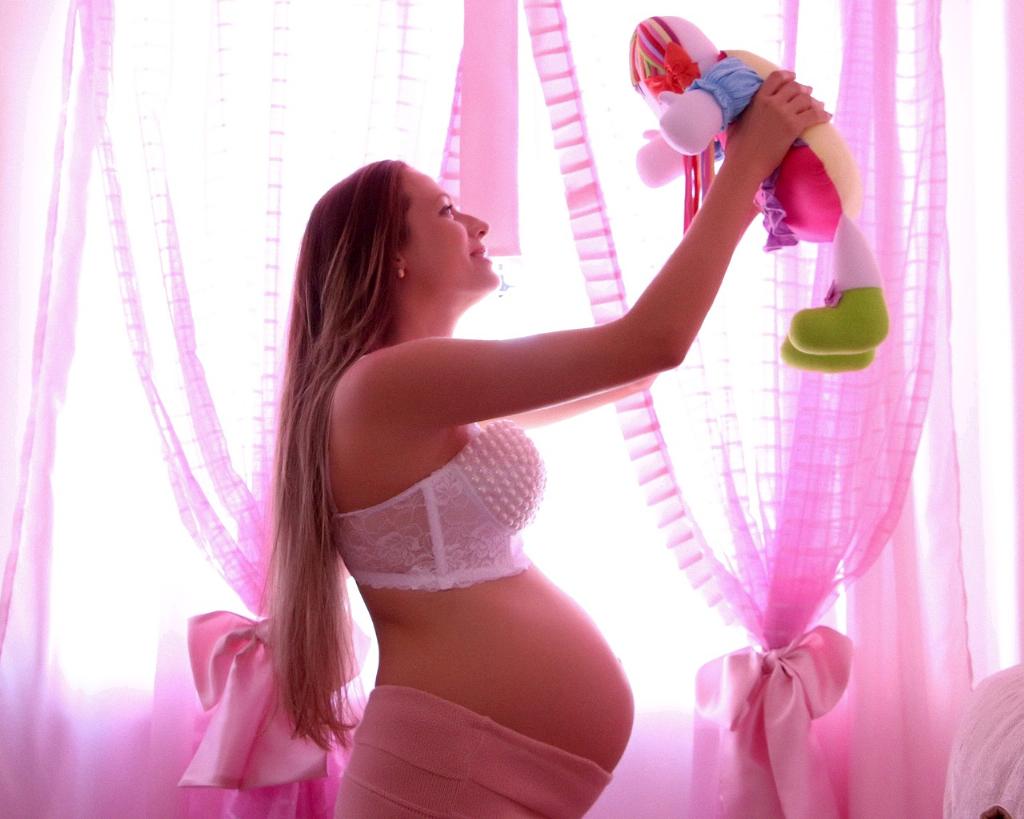As women navigate the incredible journey of pregnancy, their bodies undergo numerous changes to accommodate the growth and development of the baby. While these transformations are nothing short of miraculous, they can also come with their own set of challenges. One such challenge that some pregnant women may face is the development of sleep apnea.
Why Pregnancy May Lead to Sleep Apnea
It is important to recognize that pregnancy itself does not directly cause sleep apnea. However, the physical changes that accompany pregnancy can significantly increase a woman’s risk of developing this sleep disorder. As the baby grows within the uterus, the expanding size can exert pressure on the mother’s lungs and diaphragm, potentially leading to disrupted breathing patterns during sleep.
The Role of Hormonal Changes
In addition to the mechanical effects of a growing baby on the respiratory system, hormonal fluctuations during pregnancy can also play a role in the development of sleep apnea. Hormones such as progesterone, which increase to support the pregnancy, can have a relaxing effect on the muscles of the airway. This relaxation can contribute to airway collapse during sleep, leading to episodes of apnea.
Symptoms of Sleep Apnea in Pregnant Women
Recognizing the signs of sleep apnea is crucial for timely intervention and treatment. Pregnant women experiencing sleep apnea may exhibit symptoms such as loud snoring, daytime fatigue, morning headaches, and pauses in breathing during sleep. These symptoms can impact both the quality of sleep and overall well-being of the mother-to-be.
Risks Associated with Untreated Sleep Apnea During Pregnancy
While sleep apnea itself can pose health risks, its impact can be particularly concerning during pregnancy. Untreated sleep apnea in expectant mothers has been linked to complications such as gestational diabetes, preeclampsia, and low birth weight in infants. Addressing sleep apnea promptly is essential to safeguard the health of both the mother and the baby.
Diagnosis and Treatment Options
If a pregnant woman suspects she may have sleep apnea, it is crucial to consult with a healthcare provider for proper evaluation and diagnosis. Diagnostic tests such as overnight sleep studies may be recommended to assess breathing patterns during sleep. Depending on the severity of the condition, treatment options may include lifestyle modifications, positional therapy, CPAP (continuous positive airway pressure) therapy, or oral appliances.
Importance of Sleep Hygiene During Pregnancy
Optimizing sleep hygiene practices is vital for pregnant women, especially those at risk of sleep apnea. Creating a conducive sleep environment, maintaining a regular sleep schedule, practicing relaxation techniques, and sleeping on the side can all contribute to better sleep quality. Adequate rest is crucial for the overall health and well-being of both the mother and the developing baby.
Monitoring and Follow-Up Care
Regular monitoring and follow-up care are essential for pregnant women managing sleep apnea. Healthcare providers may recommend periodic assessments to track the effectiveness of treatment and make adjustments as needed. Open communication with the healthcare team can help ensure that any emerging concerns are addressed promptly to support a healthy pregnancy.
Support and Resources for Expectant Mothers
It is essential for pregnant women facing sleep apnea to seek support and access available resources to navigate this challenging condition. Support groups, educational materials, and guidance from healthcare professionals can offer valuable assistance in managing sleep apnea during pregnancy. Remember, you are not alone, and help is available to support you through this journey.
Conclusion
In conclusion, while pregnancy itself may not directly cause sleep apnea, the physical and hormonal changes associated with this transformative period can elevate the risk of developing this sleep disorder. By recognizing the symptoms, seeking timely diagnosis and treatment, and prioritizing sleep hygiene, pregnant women can address sleep apnea effectively and safeguard their well-being and that of their growing baby. Remember, taking care of your health during pregnancy is crucial, and addressing sleep apnea is an important aspect of ensuring a healthy and restful experience throughout this miraculous time.

